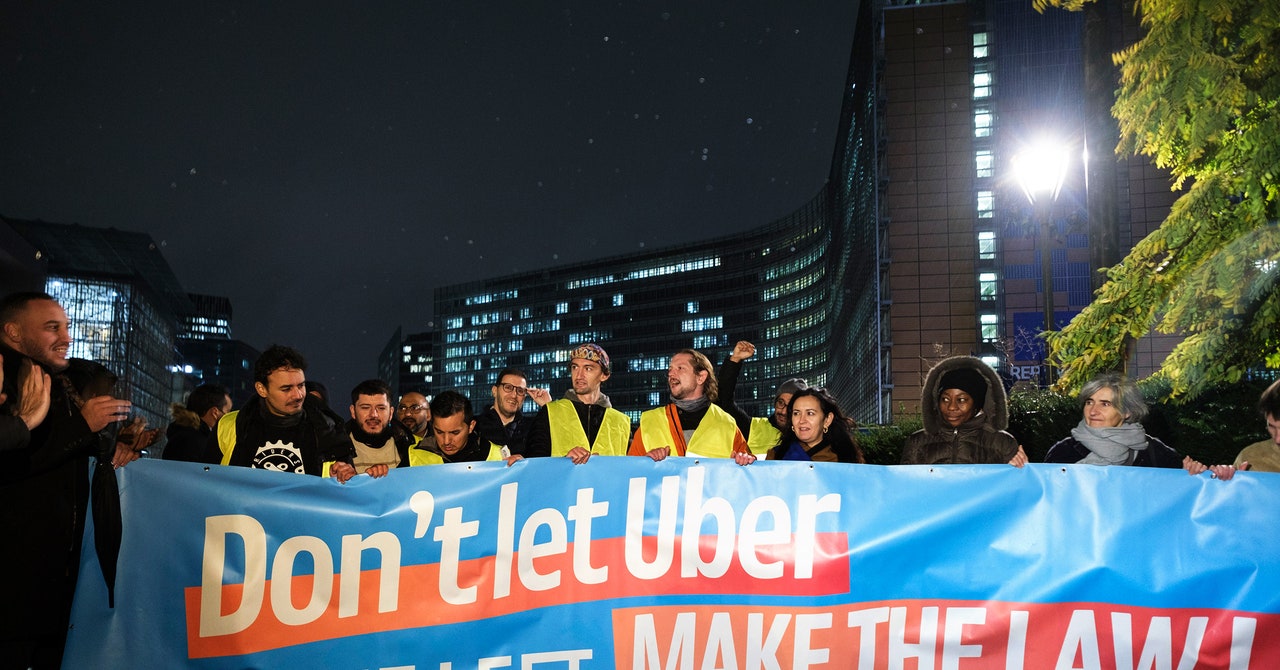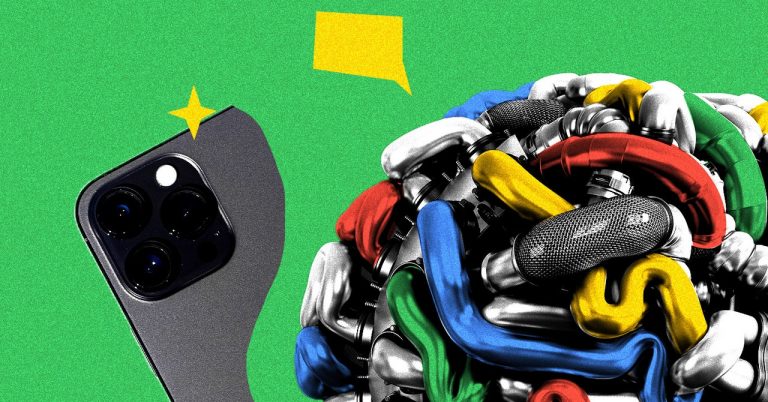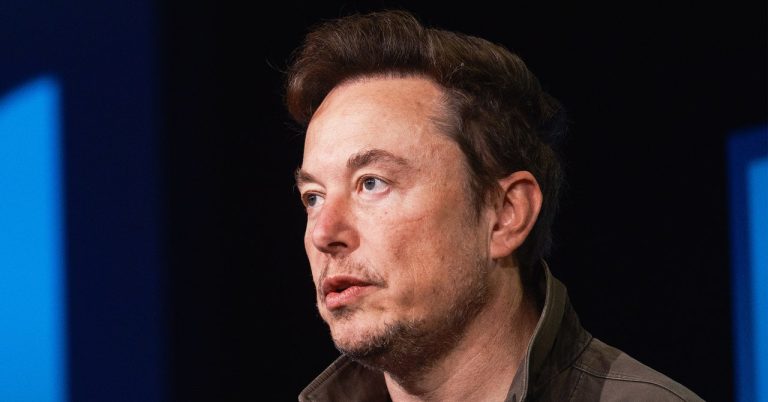“Our advertising campaign simply puts certified facts about the company in the public domain,” says Uber spokesman Nixon. “Uber supports a strong and enforceable directive that ensures platform workers maintain the independence they want and receive the protections they deserve, such as minimum wage, holiday and sick pay.”
What’s at stake for Uber with the new rules is the employment classification of its Uber drivers and UberEats couriers. “Classification is the entry point into the whole range of protections, everything from protection against unfair dismissal, through to sick leave, through to parental or maternity leave, through to discrimination protection,” says Jeremias Adams-Prassl, a law professor at the University of Oxford. “That’s why you can also see the attraction of misclassifying workers. If you misclassify individuals, you can try to avoid all of those obligations.”
Officials are divided about how platform workers should be classified. Many MEPs favor rules that would presume all platform workers are employees—unless the platforms can prove otherwise. But some representatives of EU member states, sitting in the European Council, prefer a system where workers first have to prove they meet a number of criteria before they can challenge their employment status. That’s because member states worry that if the rules are too strict, platforms would respond by shrinking their platform workforce, says Ludovic Voet, confederal secretary at the European Trade Union Confederation. “Some of these countries don’t want to confront a business model that might push people out of employment statistics.” Four months after Spain introduced its rider’s lawwhich mandated that delivery couriers should be considered staff, Deliveroo closed its operations in the country entirely.
Platform workers worry that member states would struggle to enforce whatever new rules the EU passes. Standing in the rain in Brussels, Peeters explains he has worked for UberEats in the city for the past six years. In January, new rules took effect in Belgium that were meant to make it easier for platform workers to be classified as employees. “You know what’s changed? “Nothing,” says Peeters. “The price I pay for rent is going up. The price I pay for food is going up. But my [employment] status has stayed the same.” Nixon says Uber complies with all applicable laws wherever it operates. “In Belgium we provide all independent drivers and couriers with free injury, sickness and paternity cover.”
In Spain, the “riders law” has been criticized in some quarters for being ineffective. “The biggest company there, Glovo, is not fulfilling this law for years and years with total impunity,” claims Corredor, who worked as a Deliveroo courier in Spain between 2016 and 2017 and is now an activist for the platform workers group Riders x Derechos . The point of Spain’s riders law was also to force platforms to classify more of their workers as employees. Instead of doing that, Glovo tweaked many of their couriers’ work terms so they could still be classified as independent, according to Corredor. “We are confident that our operating model in Spain, launched in August 2021, meets all regulatory requirements,” says Felix Eggert, spokesman for Glovo.
For Corredor, this is all part of a bigger battle, where platform workers are battling to fight for the basic rights—minimum wage and maximum working hours—that exist in the rest of the economy. “This is [the platforms’] strategy, using the discourse of innovation and technology to take out these rights,” he claims. “I think this is very problematic.”












+ There are no comments
Add yours